Many traders spend a long time in the market, some eventually give up, and some finally find the true path to success. There are also traders who spend more time and enter the so-called "cycle of making a fortune and losing money." In the book "Trading in the Zone," Mark Douglas shares how different types of traders deal with these trading psychological issues, let's take a look together.
Three Types of Traders in the Market
Traders can be divided into three groups based on their trading results. The smallest group, accounting for about 10% of traders, are consistent winners. Their losses are relatively small, and their capital curve rises steadily. They know how to make money and are never affected by the psychological forces of the "fortune and loss" cycle.
The second group accounts for 30% to 40% of active traders, and they are consistent losers. Their capital curve is the opposite of the winners' capital curve. No matter how long they have been trading, there is still too much for them to learn. Some of them have illusions about trading, while others stubbornly adhere to a trading method that cannot make money.
The remaining 40% to 50% of active traders are "making a fortune first and then losing money." They have learned how to make money, but they do not understand the overall trading and do not know how to preserve profits. Their capital curve is like a roller coaster, rising and then suddenly falling, and it has been cycling.
Losing traders will eventually either lose all their money or quit trading, while winning traders will eventually learn how to make money. However, they may not yet know how to deal with the negative impact of excessive excitement, nor do they know how to compensate for self-destructive tendencies.
Excessive Excitement and Self-Destructive Psychology
Excessive excitement and self-destruction are two psychological forces that often appear when traders start making money or continue to make money, having a great negative impact on traders. Excessive excitement can make people super confident, and it can lead to any mistake. On the contrary, self-destruction comes from many conflicts where traders think they should make money.
When traders make money, they are more prone to making mistakes. At this time, many irrational trading behaviors begin to emerge, such as over-trading, violating principle trading, and setting positions too large. Over-confident traders feel that they are the market, so as long as they suffer losses after making profits, they will be very painful.Many experienced traders can sometimes make profits continuously for 15 or 20 trades, but for those who experience a rapid rise followed by losses, the money earned will eventually be lost due to excessive excitement or self-destruction. When traders make profits and then suffer losses, they tend to engage in many irrational behaviors.
Often, such traders like to attribute their mistakes to the market, but in essence, it is their own fault; they have been betrayed by their emotions. In order to make money again, they start to study the market. However, as they learn more and their confidence grows, they sometimes cross the threshold of excessive excitement, and the cycle begins again.
Unlike losses caused by overconfidence, losses due to self-destruction have a subtle impact on traders. Self-destructive traders know they won't win, so they trade as if they are indulging in fun at inappropriate times. As a result, when their trading actions come into direct conflict with their profit goals, even if they continue to learn how to trade, they will ultimately not be profitable.
Being willing to take responsibility is the first step.
Some traders have already made a lot of money but still cannot find a balance between self-confidence and self-control, or they are unclear about what self-destruction is and how to face it, then they are still likely to fail. Other traders who are in the cycle of rapid rise and loss think that such results are due to their own recklessness or psychological and behavioral conflicts, but in fact, it has nothing to do with that.
The market only reflects the inner world of traders, showing their attitudes and thoughts. When traders' beliefs and attitudes are in harmony, they are confident. On the contrary, if traders are angry and afraid, it is entirely because they feel that the results of the trade are all created by the market.
They do not reflect on their own actions but attribute all the reasons to the market. This behavior of not taking responsibility and not admitting that the results are caused by themselves will only make them cycle in pain and dissatisfaction. If they think that having enough market information can solve the problem, they are just learning the wrong things for the wrong reasons, and in the end, they will not solve any problems.
Although attributing the reasons to the market can temporarily avoid severe self-blame, it also means that they have rejected the opportunity to learn from experience. And the winners in market trading can accept any result, they have a positive expectation for their own efforts, they believe that those results are a perfect reflection of their own level, and understanding and studying them can make themselves learn better.
Blaming the market for one's own problems will only make the problem worse. It is important to know that the pain of unmet expectations is greater than the loss. When we suffer a loss, we can avoid responsibility and only blame the market. But when we engage in trades that are not advantageous, we cannot blame the market. The reason we do not get what we want from the market is that we have not utilized the opportunities appropriately.Developing a Winner's Mindset is the Key to Success
Traders cannot be held responsible for the outcomes the market produces, but they must be accountable for any results of their own trading actions and for what they have learned or failed to learn. Embracing responsibility is a hallmark of a winner's mindset, and developing this mindset is crucial for success.
However, traders either do not know about the winner's mindset, believe they already possess it, or hope the market will help them develop it. Yet, the market will not proactively create a winner's mindset for you; it can only offer you some profitable trading advantages. Without a winner's mindset, these advantages will not make you a consistent winner.
Some say that traders lose because they do not understand the market, but in reality, it is their losing attitude that leads them to choose the wrong trades. On the other hand, traders with a winner's mindset can select profitable trades even if they do not fully understand the market, and the more they learn about the market, the more profitable trades they will find.
Taking responsibility is the cornerstone of a winner's mindset. If you want to transform your market experience from painful to confident, and turn your capital curve from erratic to steadily rising, the first step is to take responsibility and not expect the market to give you anything or do anything for you. If you start working from this perspective, the market will no longer be your enemy. Take responsibility, stop fighting with the market, and you will soon discover what you need to learn and realize how quickly you can learn.
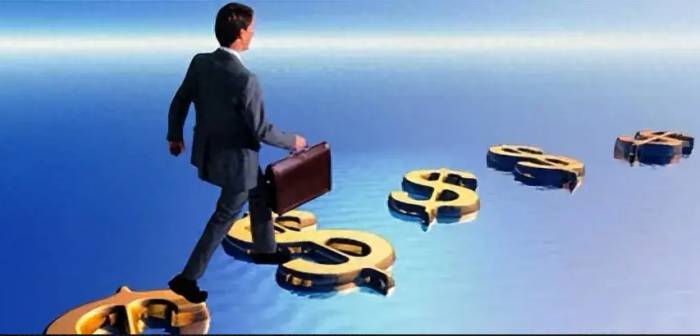
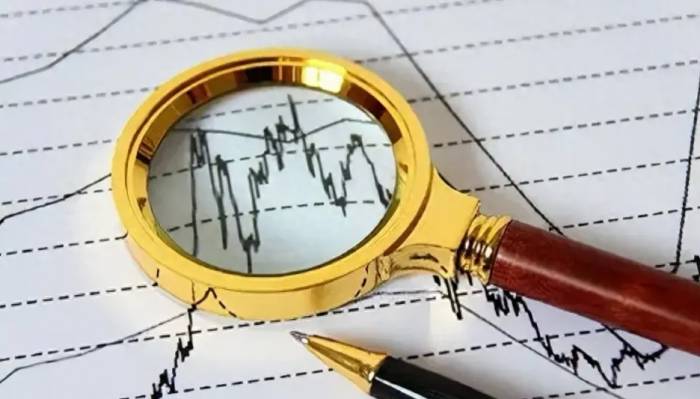
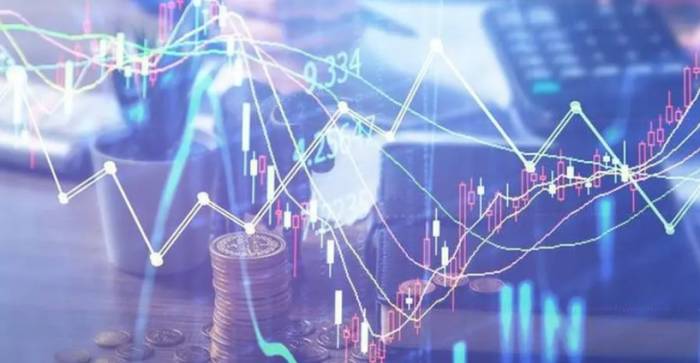

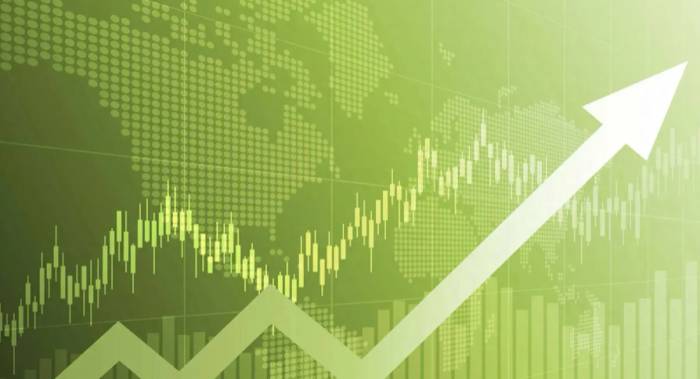
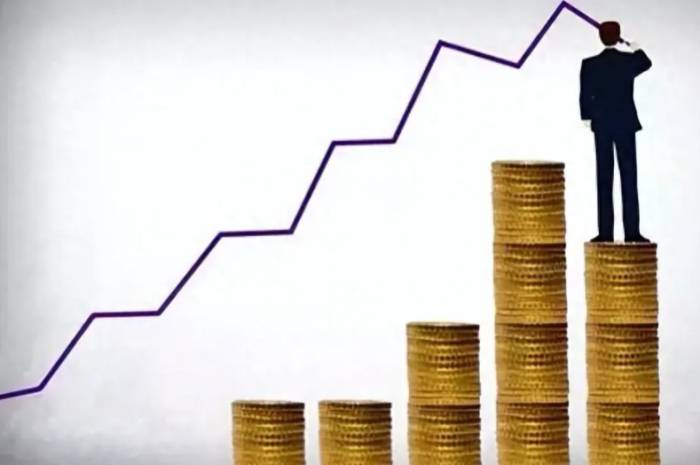
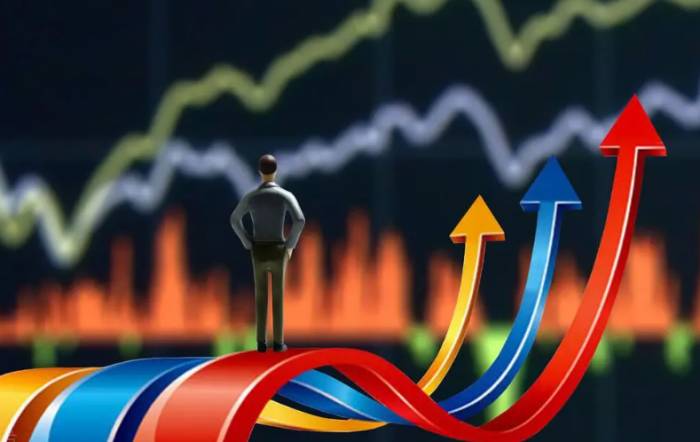
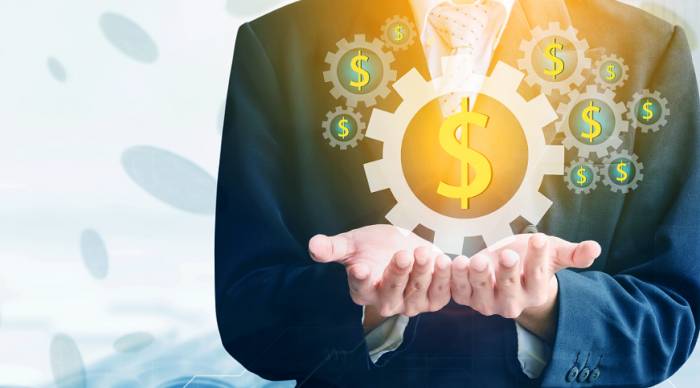
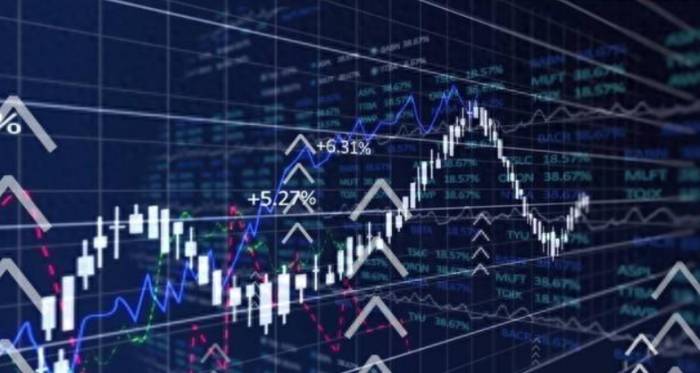

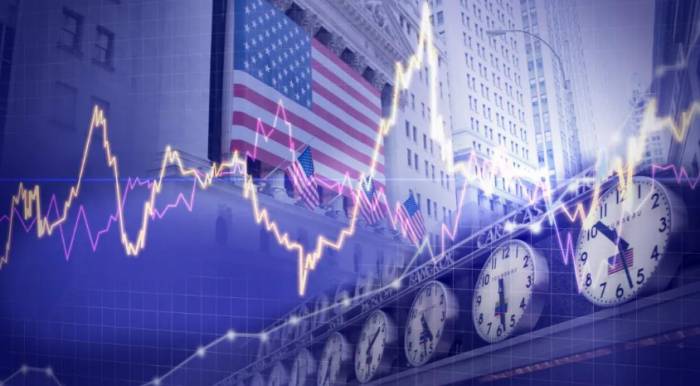



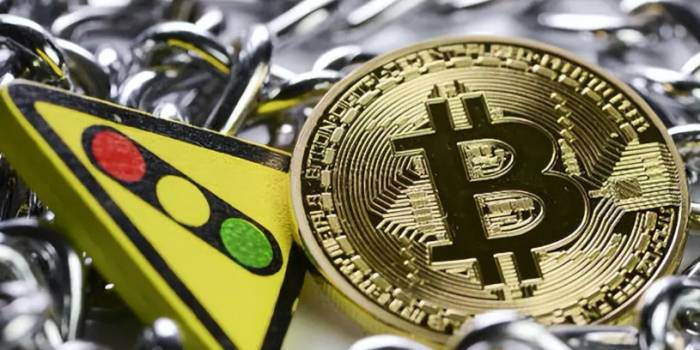
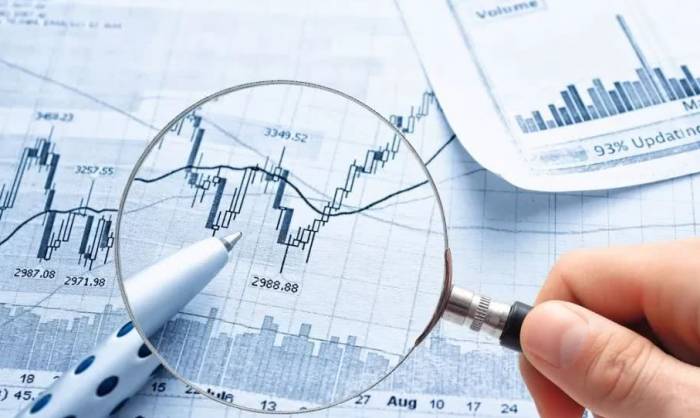
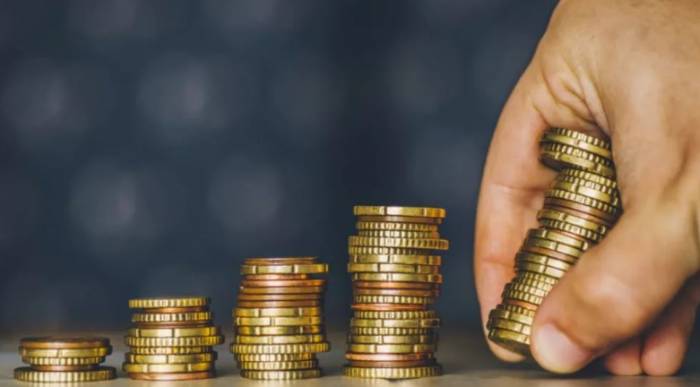


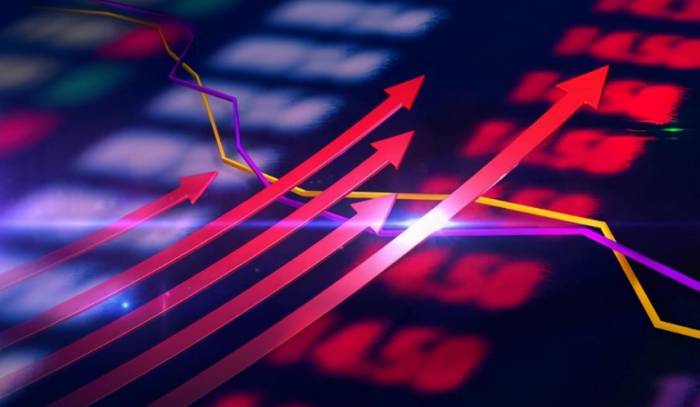

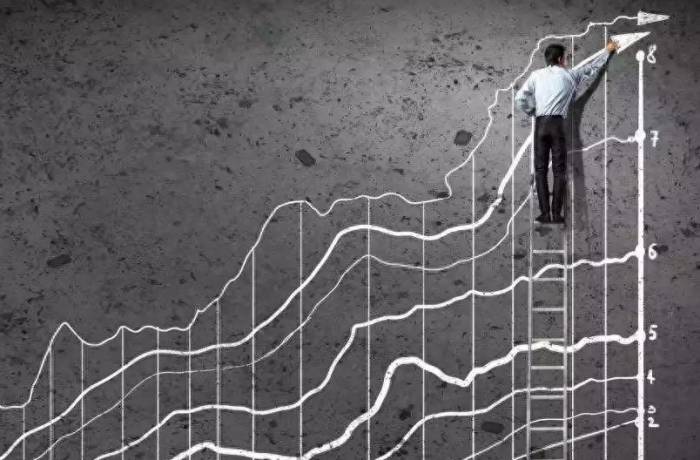
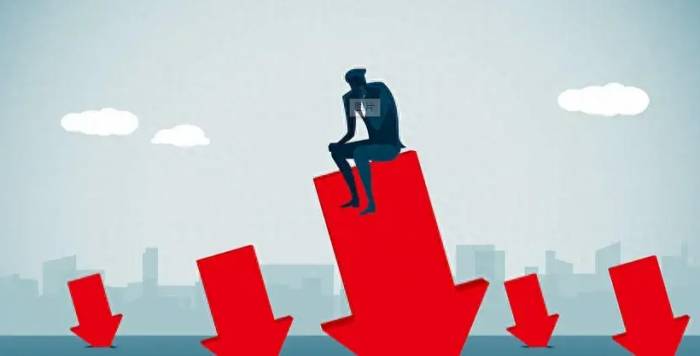

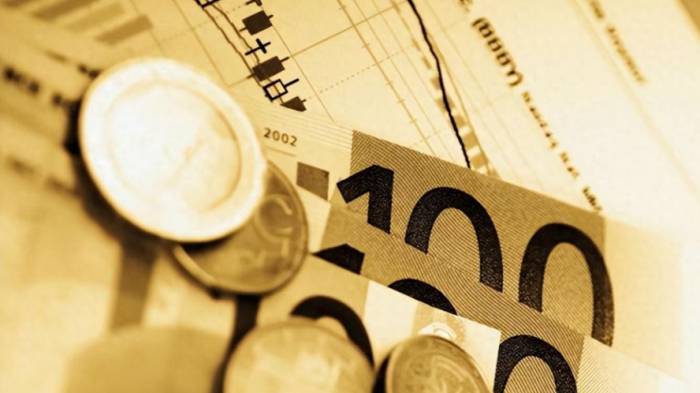

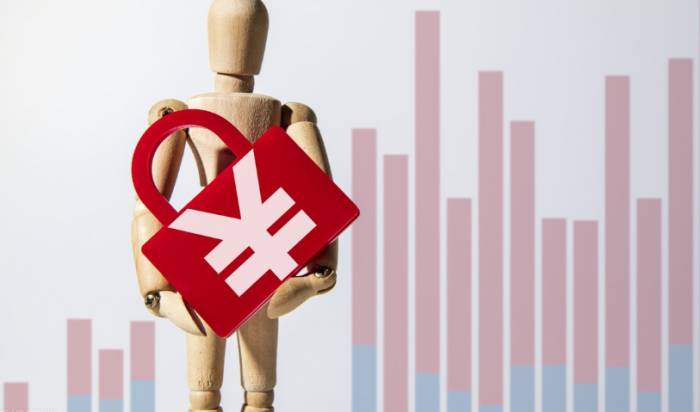


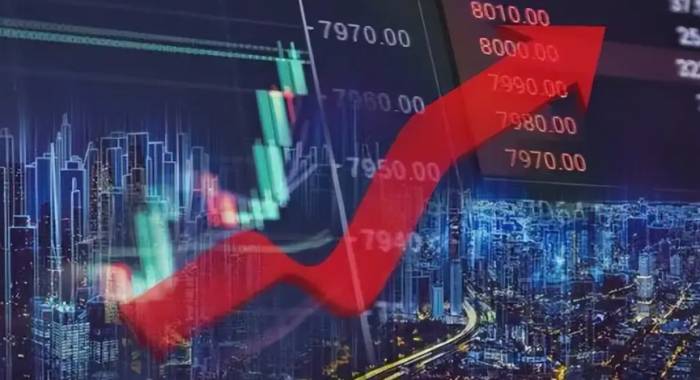
Discussion